Ramadan is a holy month for Muslims and one of the pillars in Islam, during which they commemorate the revelation of the Quran and fast from dawn to sunset to practice self-control, gratitude and empathy. It takes place in the ninth month of the Islamic calendar and its beginning and end is based on the sighting of the new moon. This year it started on March 1 and ends on March 29.
“It is a time to test my patience and dedication to my faith and Allah,” senior Subaha Kibria said.
Muslims observe Ramadan by praying five times a day, practicing “Sawn” (fasting in Arabic), reading the Quran, deepening their knowledge about Islam, spending time with their family and friends, participating in community festivals such as Eid and donating in charity events to practice “Zakat,” a pillar of Islam.
“Ramadan for me is a month of repentance and peace,” senior Ibrahim Elgreghni said. “I obligate myself to learn more about my religion and teach my friends about this holy month.”
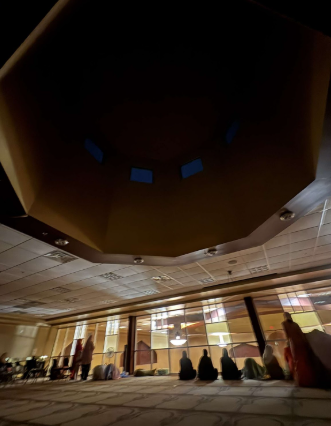
Core values of Ramadan
According to the Islamic Network Group (ING), the ultimate goal of fasting is to obtain “Taqwa,” an Arabic word meaning a “state of God-consciousness.” All Muslims, from adolescence to adulthood, are obligated to fast except those whom it would be more difficult such as pregnant, nursing and menstruating women, people traveling, the sick, children and the elderly.
“My favorite part about Ramadan is spending blessed time with friends and family,” junior Alina Mohammed said. “Trying to become the best version of ourselves in many ways.”
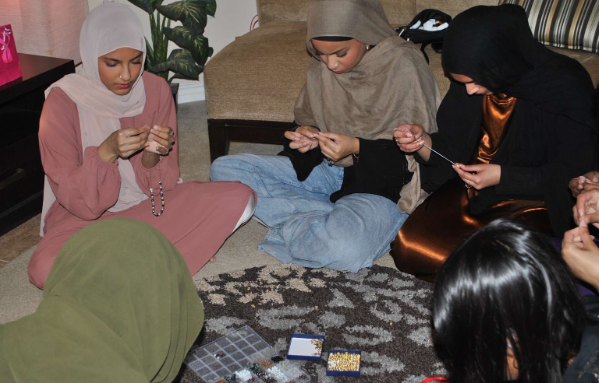
Muslims have five obligatory “Salah” (prayer in Arabic), which they perform daily. Beginning with the fir
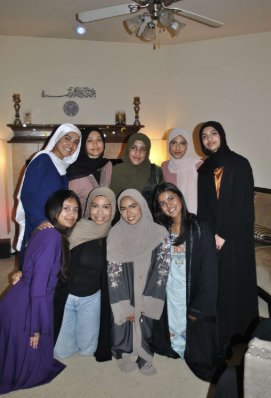
st prayer of the day “Fajr adhan”, the call to prayer before dawn. Then it follows “Dhuhr” in the early afternoon, “Asr” in the late afternoon, “Maghrib” at sunset and “Isha” which is performed at night. Muslims fast from Fajr to Maghrib. They also perform voluntary prayers such as Taraweeh, which is after the obligatory Isha prayer at night, “Dua” a personal prayer for guidance and forgiveness, “Dhikr” to remembrance of God, and “Laylat al-Qadr”on the last 10 nights of the month. Families and friends come together for prayer at each other’s house or at the Mosque.
“One of the best parts is getting to go to the mosque every night for our nightly prayer with friends,” senior Hiba Sheikh said. “It’s like connecting with friends through prayer and God.”
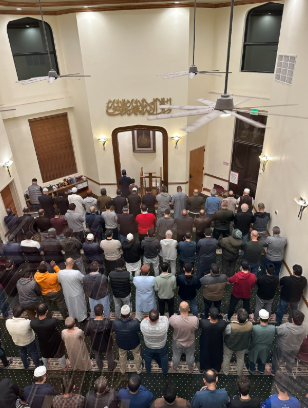
Laylatul Qadr, or the “night of power,” is the most sacred night in the Islamic Calendar, commemorating the first verses of the Quran being revealed to the Prophet Muhammad by the Angel Gabriel. It is believed the Quran was sent from God to the world on this important night. It can occur during any of the 10 last nights of Ramadan, which are honored as the holiest nights of the month, and to celebrate some muslims stay overnight at the Mosque for a special worship called “Qiyam.”
“It is a holy night where all of our prayers are answered,” said Elgreghni.
To mark the end of Ramadan, muslims celebrate Eid al-Fid, a holiday of breaking their fast with joyful festivals and celebrations with family and friends and donating to the needy. This year it takes place on the evening of Saturday, March 29 to Sunday, March 30.
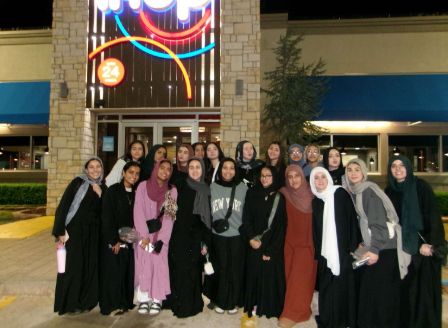
Food is an important part of Ramadan as it fuels the bodies of Muslims before and after a day of fasting. Muslims eat Suhoor, a meal before dawn, to prepare for the day of fasting. Then after sunset, they usually reunite to share Iftar, which is the meal that breaks their fast.
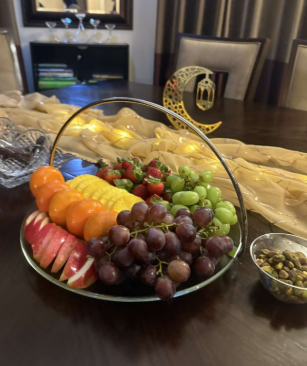
“I love to follow the Sunnah and break my fast with dates, followed by salad, cheese borek, Sambusa and Kibbeh,” said junior Zaid Kairi. “My family has Suhoor and Iftar together at home, tea time and dessert after”
Dates are commonly eaten during Ramadan and Eid as Prophet Muhammad (pbuh) used to eat them.
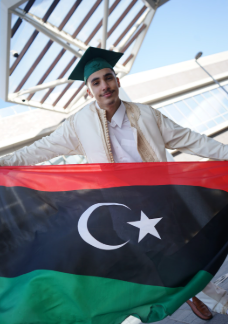
Ramadan at Santa Fe
Muslims students dedicate themselves to maintain a balance with work, school and daily responsibilities along with staying disciplined and connected with God.
“It can get really difficult, especially during the last 10 days of Ramadan,” said Kibria. “I have to cut out most of my non-productive activities, and focus on getting important tasks done first.”
Keisha Cole, an English language development teacher, is involved with the Muslim community at Santa Fe. Every year, she sends all of the staff members a letter reminding them of the upcoming month and details to consider about Muslim students during it. Cole makes her schedule flexible and opens her room to Muslim students to have a place to spend lunch at and to pray during prayer times.
“There are days when a student may be more tired but they do not let this experience prevent them from completing assignments,” said Cole.
To connect with her Muslim students, Cole has shared many experiences with them during Ramadan. She was once invited to a student’s home to break fast and pray with her family and also joined her students in their fast a few years ago.
“It was an eye opener into the dedication and devotion Muslims display during this time,” described Cole.
A Ramadan to Remember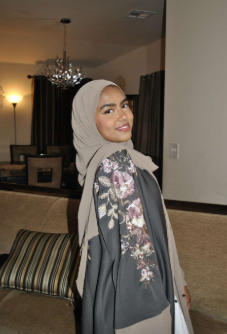
Every year, senior Hiba Sheikh thinks back to the first time she wore her hijab during Ramadan 2023. After deeply thinking about it, the night before Ramadan, Sheikh Facetimed her best friend, Lexi Parker, to express her feelings and desire to wear the hijab. Parker answered supportively and encouraged her to do it . The next morning Sheikh grabbed her only black chiffon, wrapped it around her head and wore it to school for the first time. Her journey with her hijab wasn’t easy as she had to quit dancing and change her style for modesty, but today, Sheikh is proud of her journey of becoming a hijabi girl because it led her to find her “true identity” and deepened her connection to God.
In Islam, wearing the hijab isn’t a mandatory act but a commitment revealed in the Quran. It is a symbol of modesty, faith and personal devotion to God, and all Muslim woman experience different journeys with it.
“Wearing the hijab makes me represent Islam and stay close to God,” Sheikh said. “Alhamdulilah I got the chance to wear it so early in life.”
Ramadan is a sacred month of spiritual renewal that offers an opportunity to Muslims to purify their hearts, seek forgiveness, grow spiritually, develop empathy for the less fortunate and strengthen community bonds.
“It always comes at the perfect time when we need to reset and come closer to God,” Sheikh said.
Ramadan serves as a reminder of the importance of faith, discipline and unity in Muslims’ lives and as it draws to a close Muslims reflect on the lessons and values learned through the month to carry them into the rest of the year.




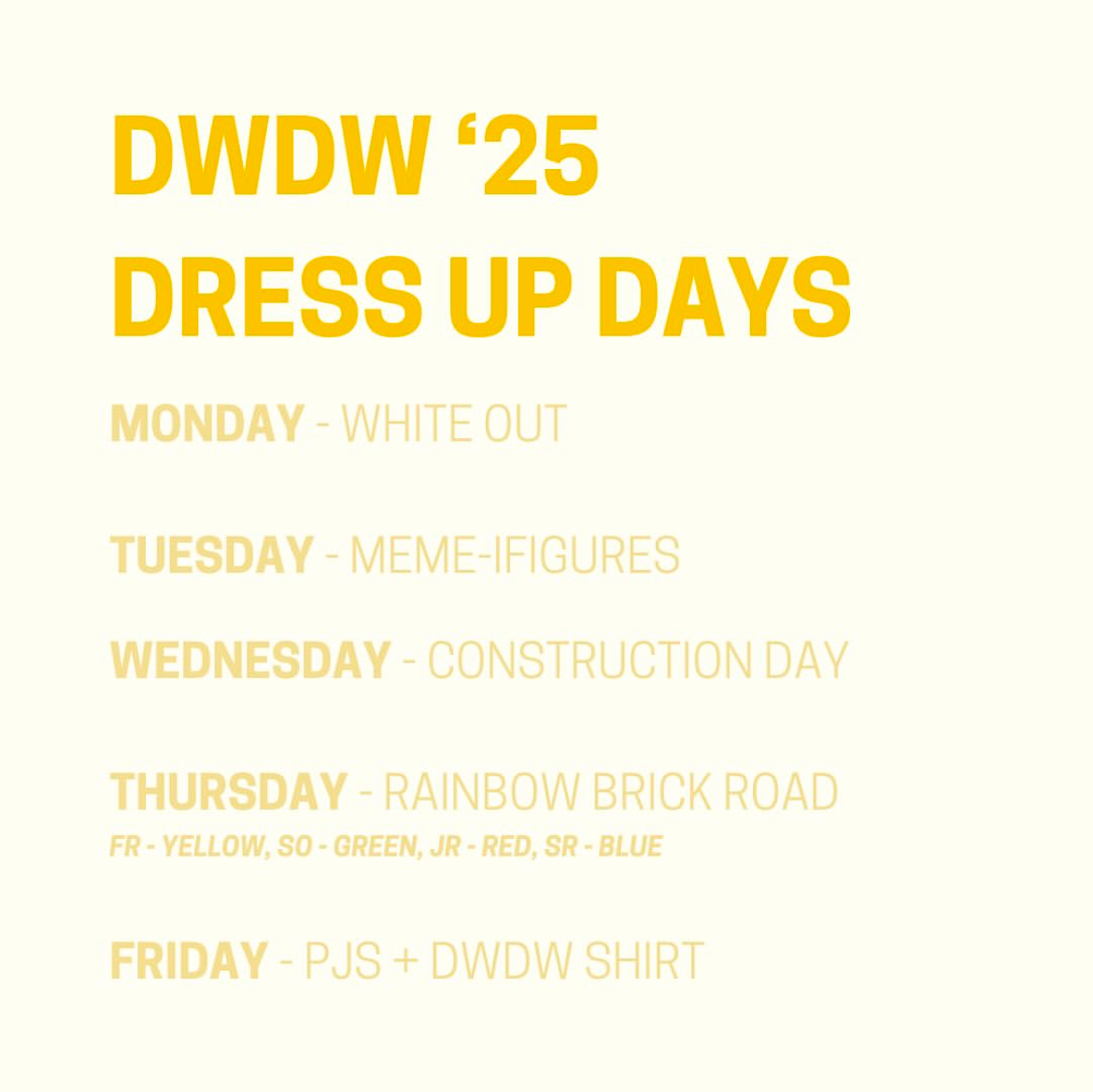
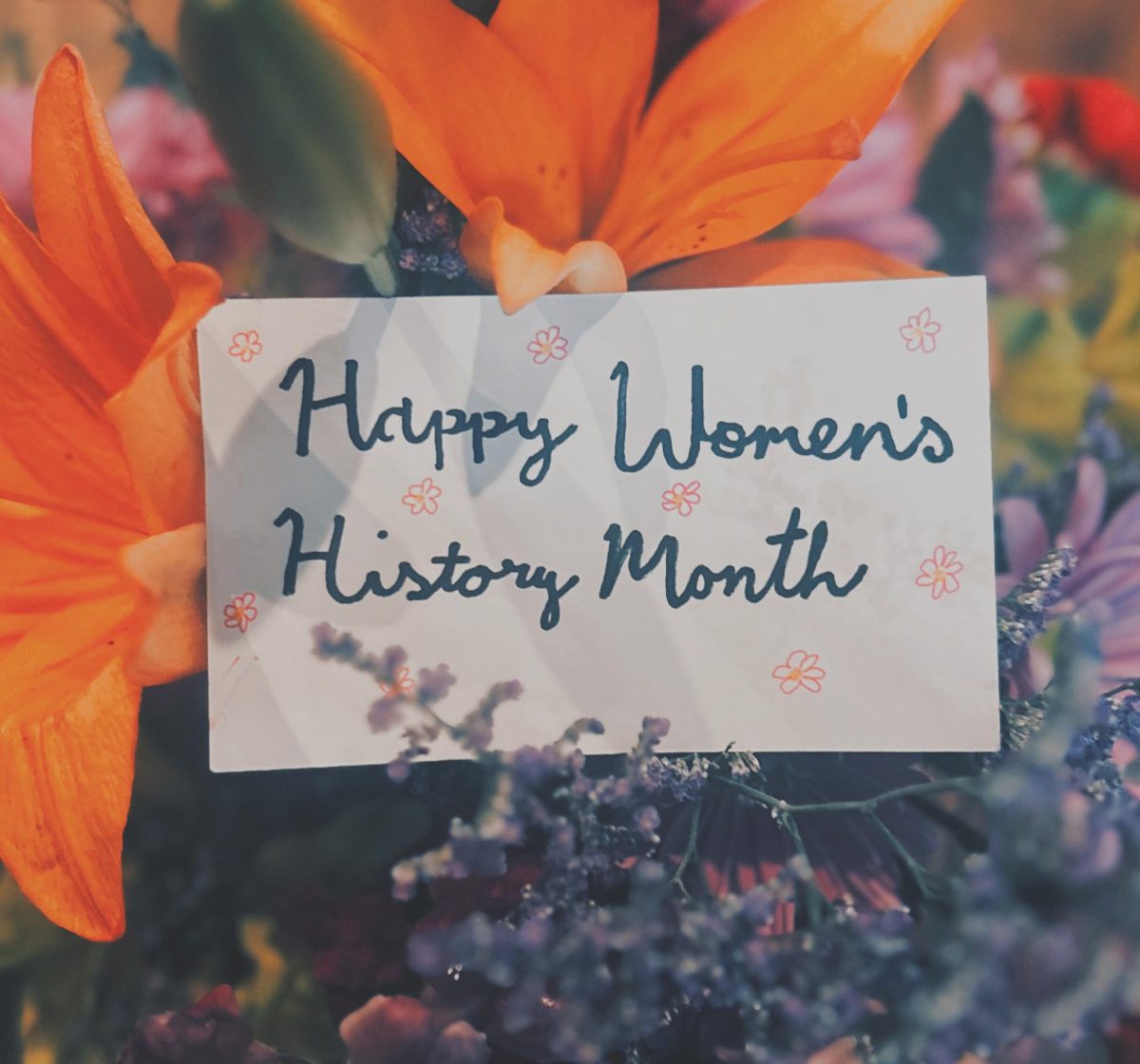
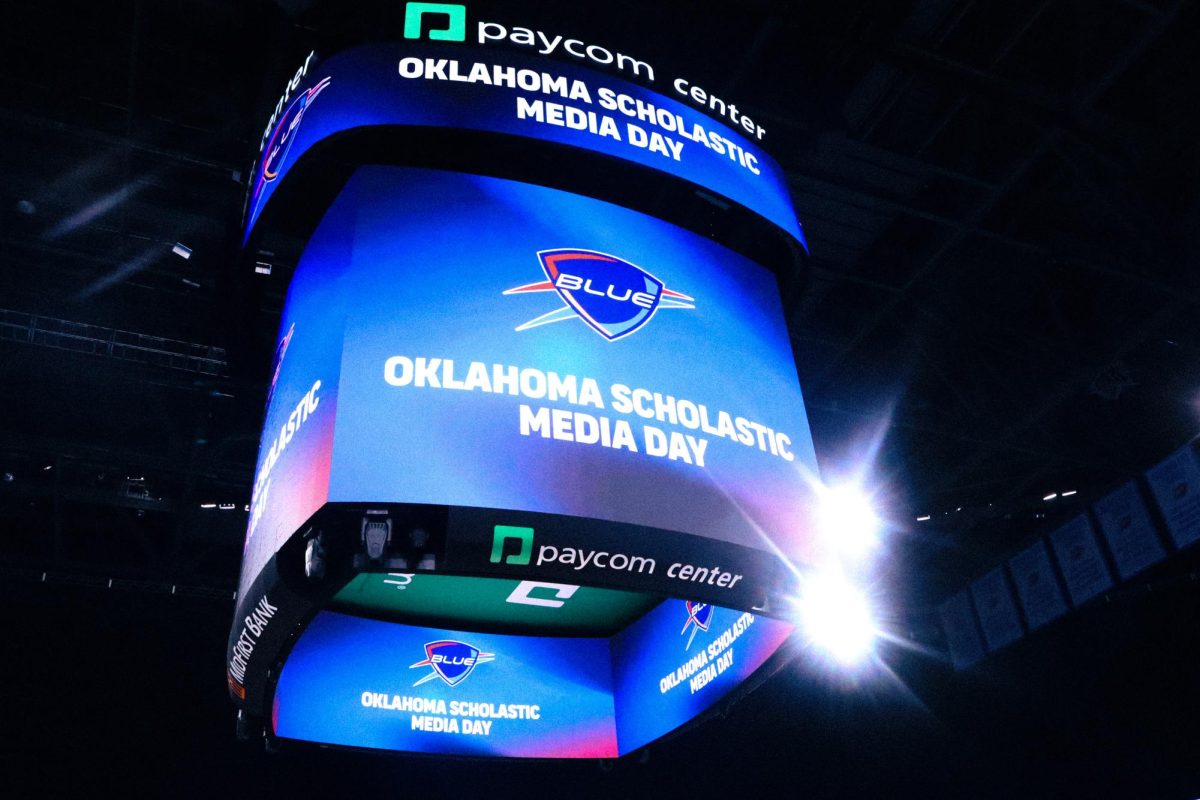
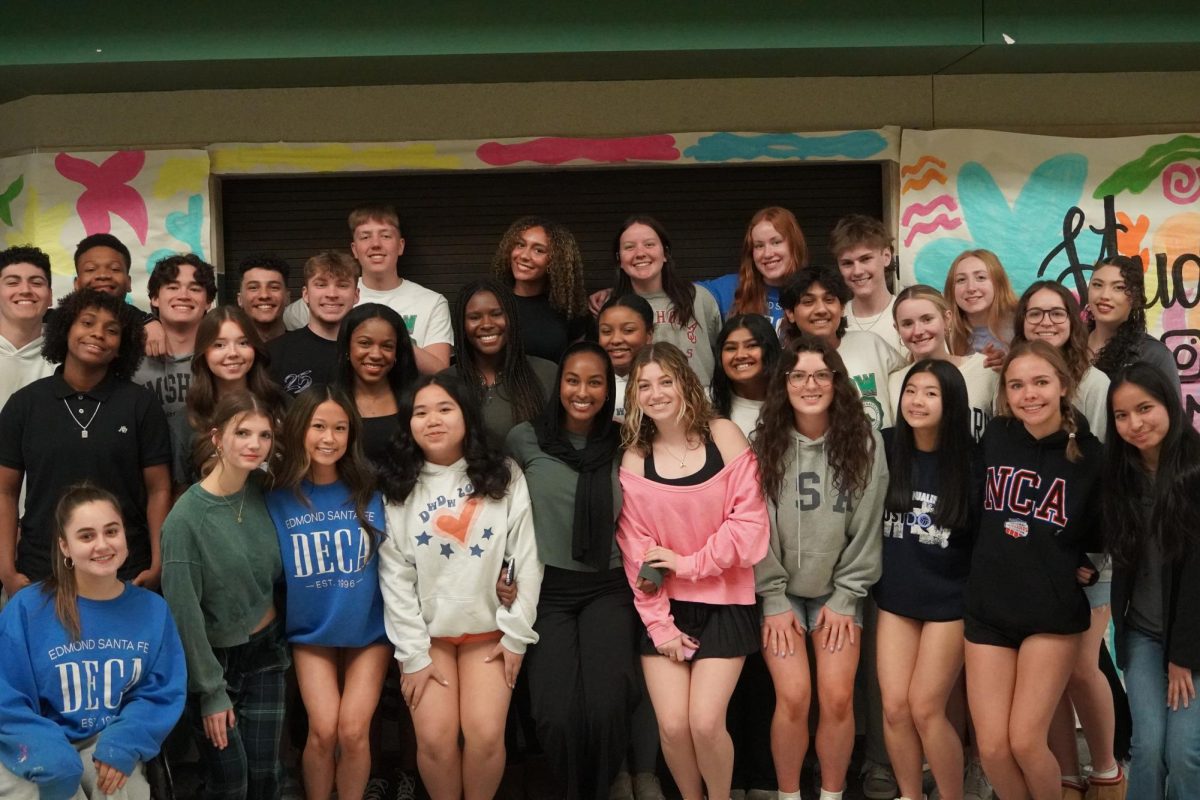

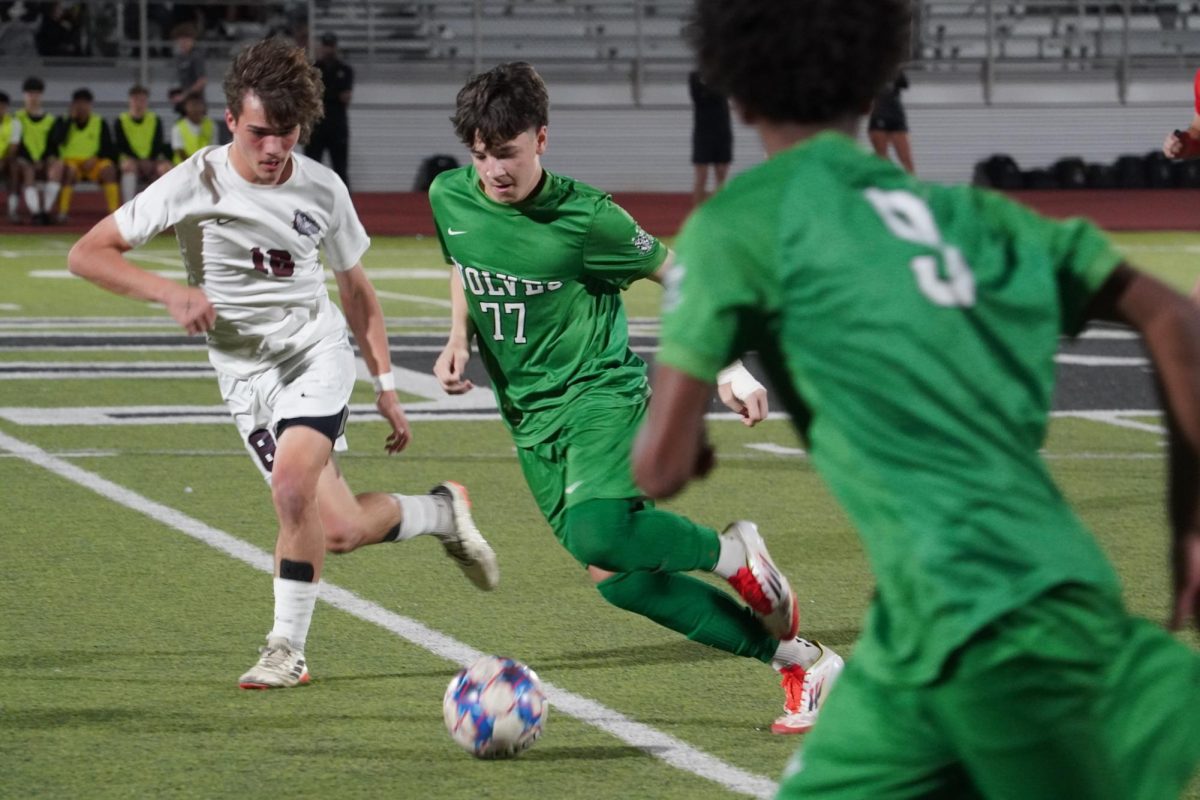
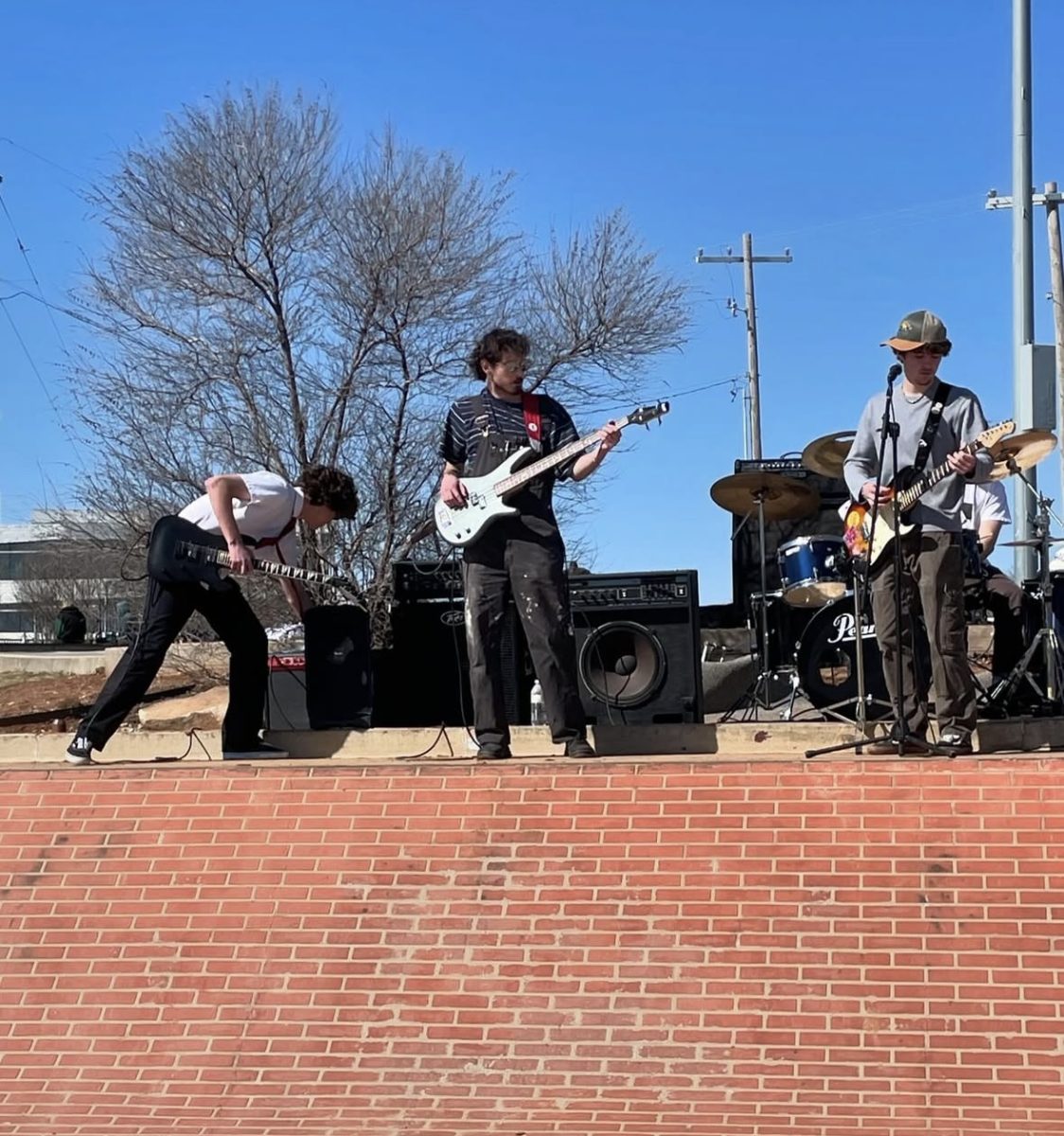
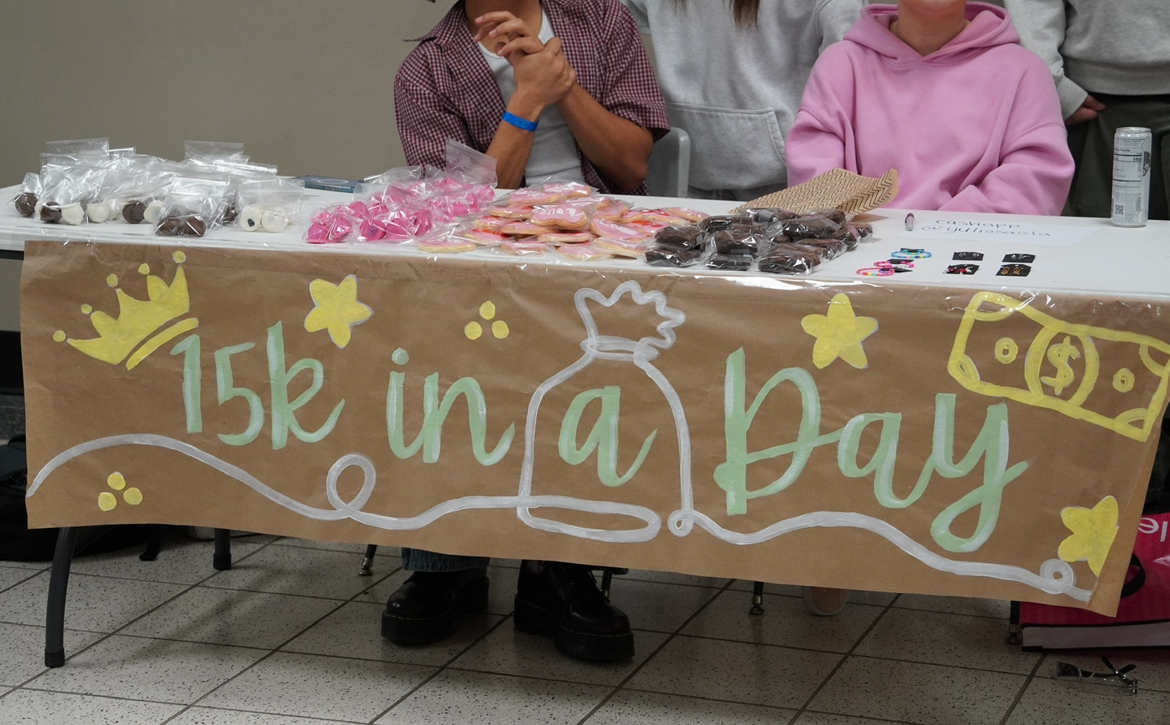



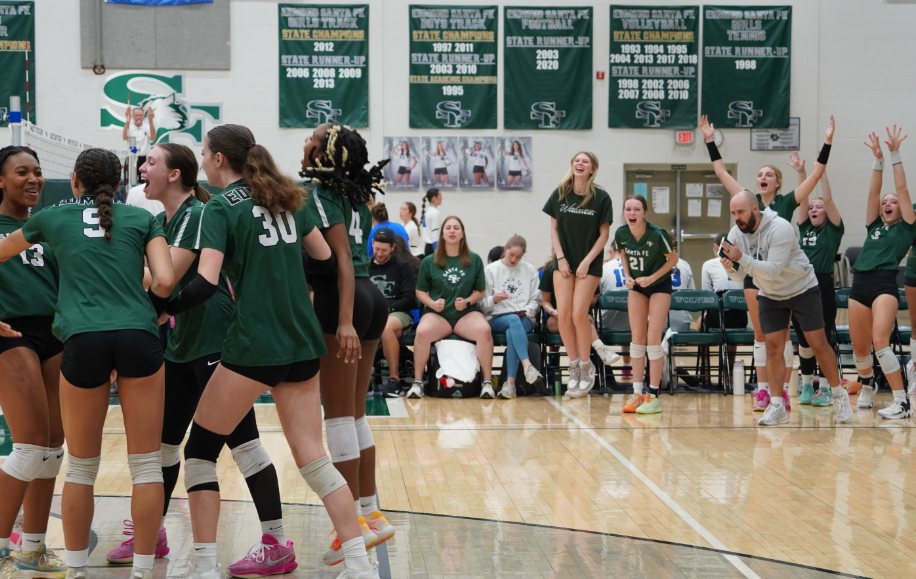
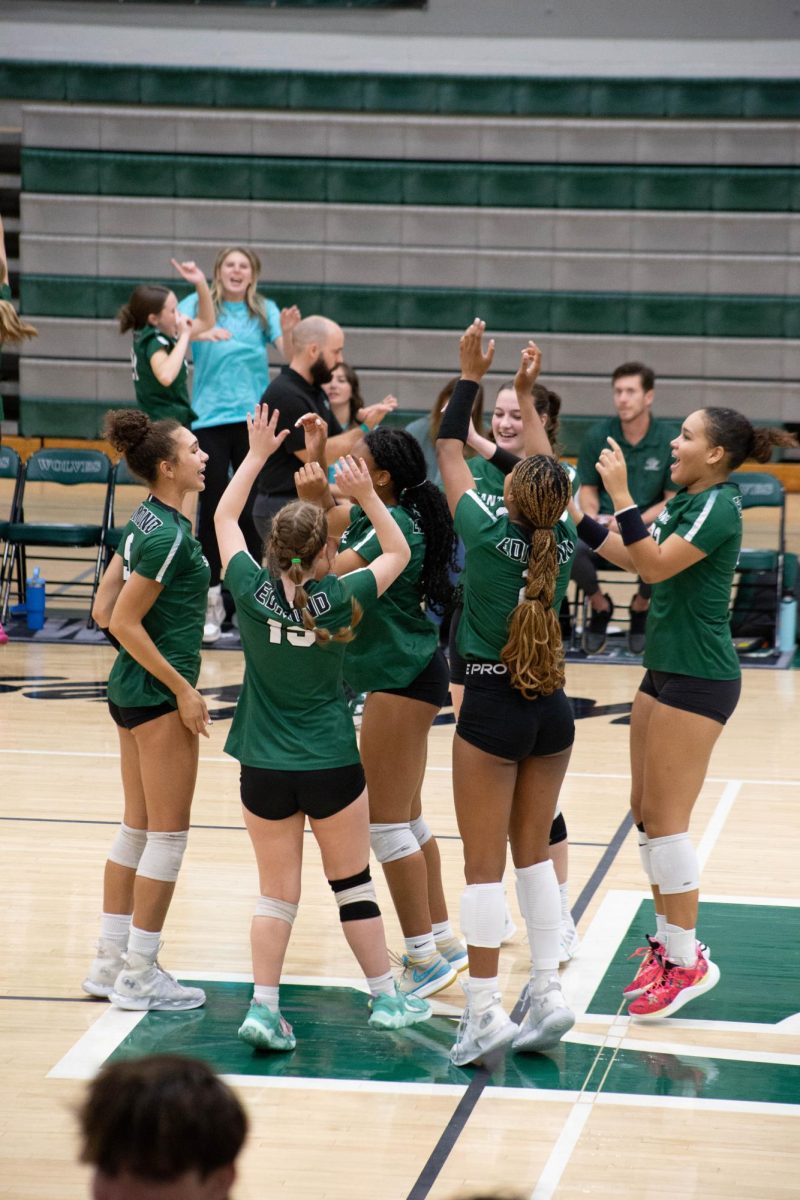
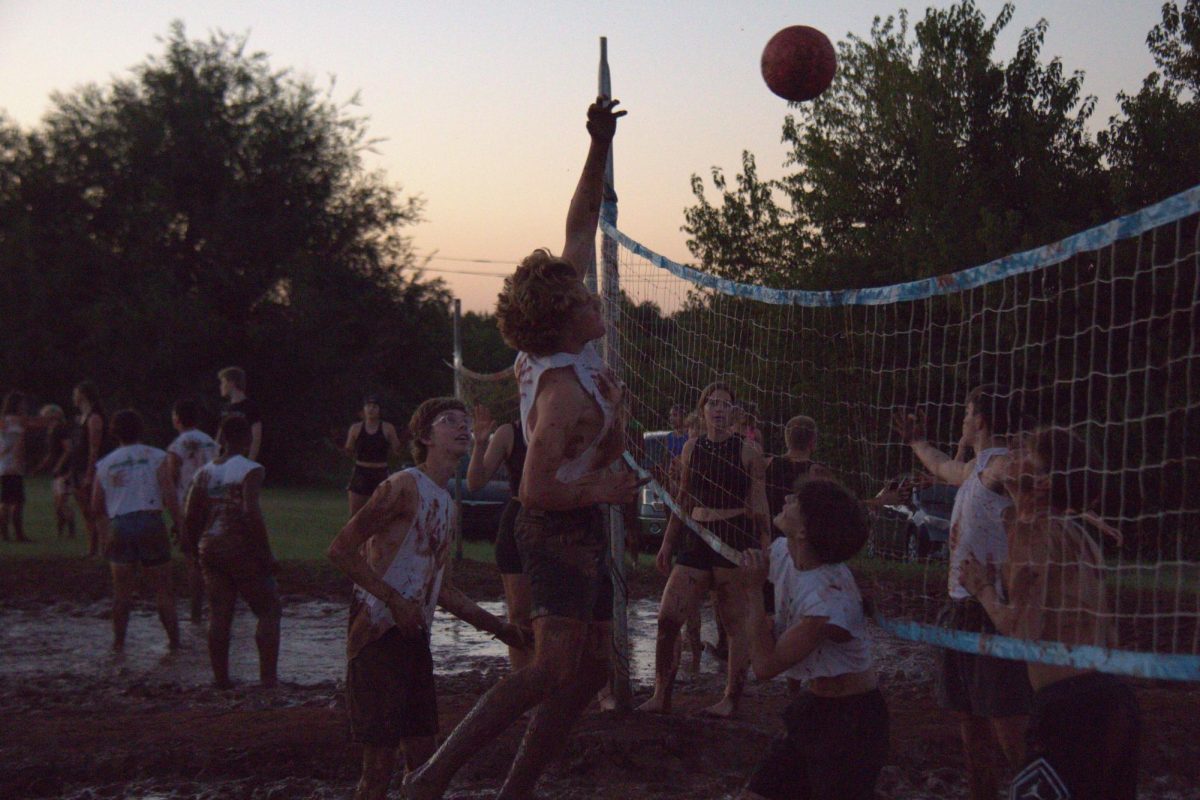

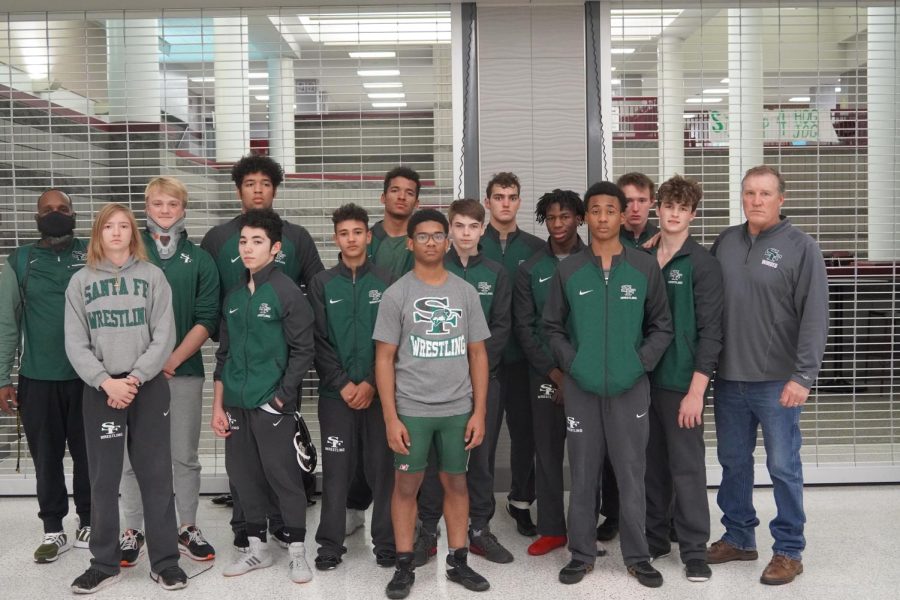

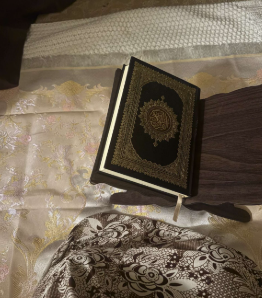




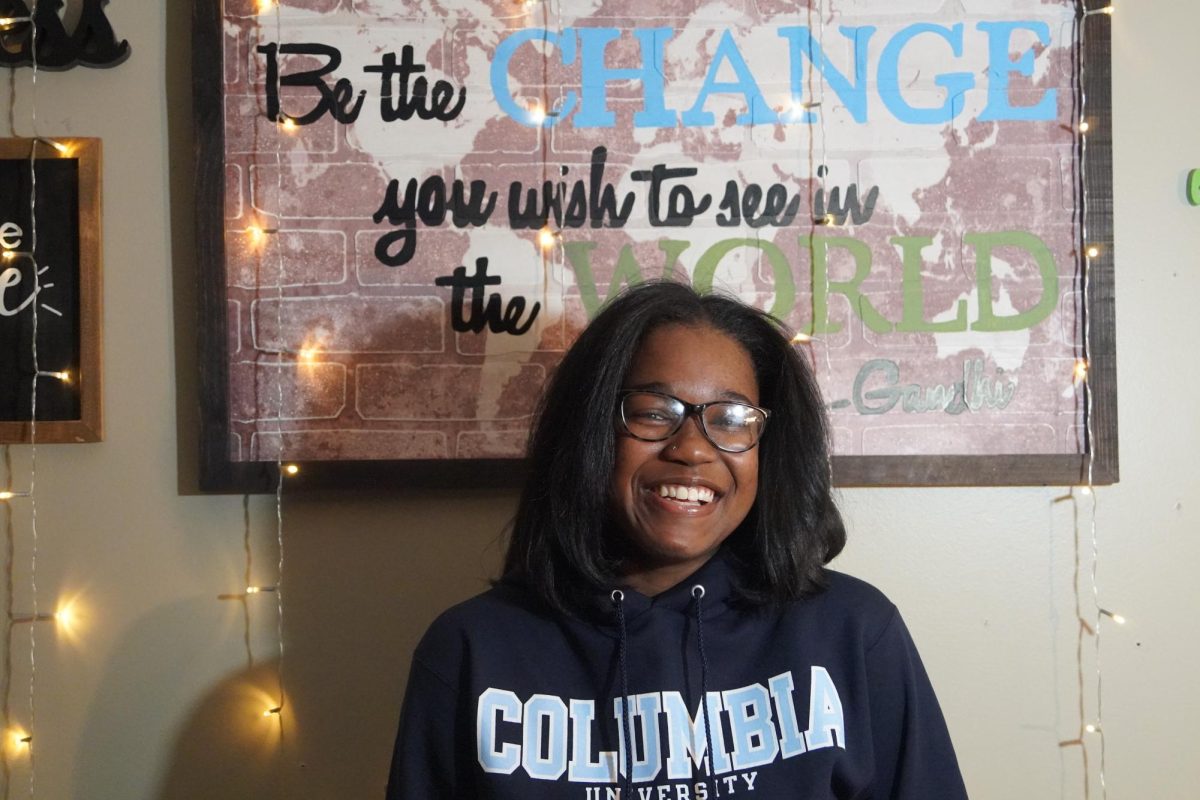
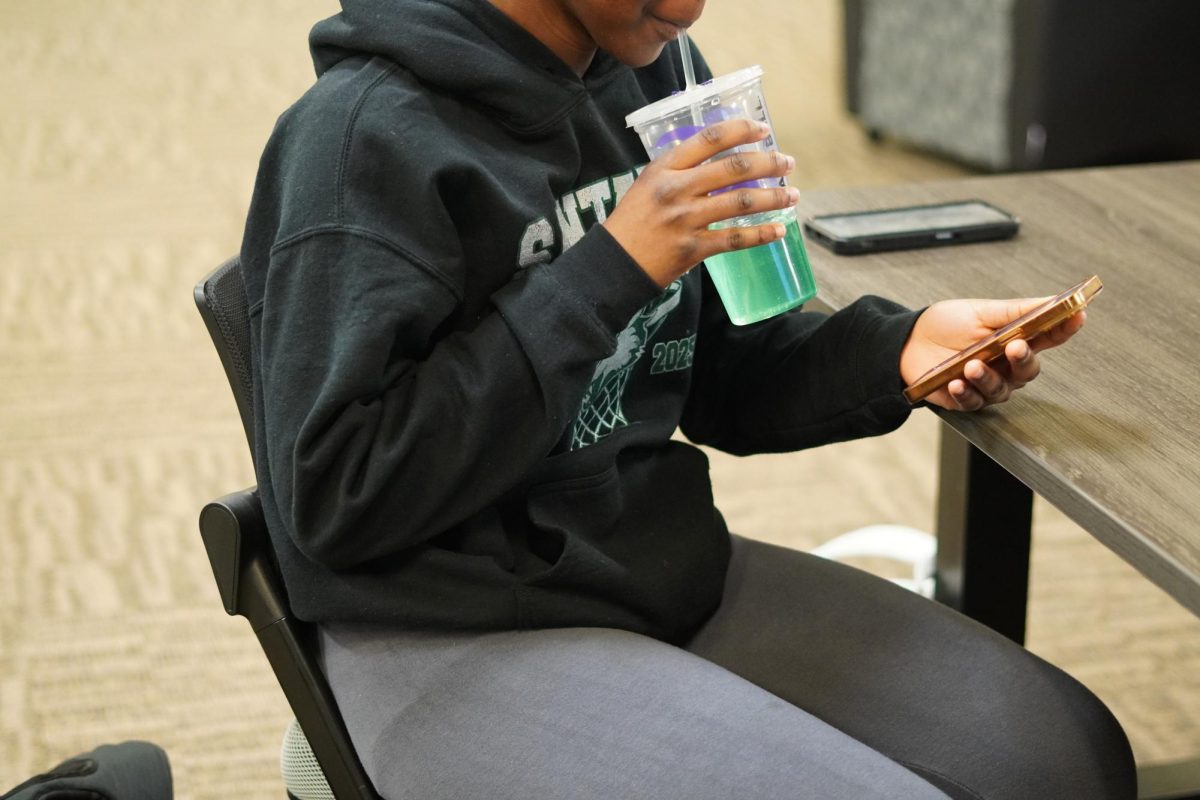
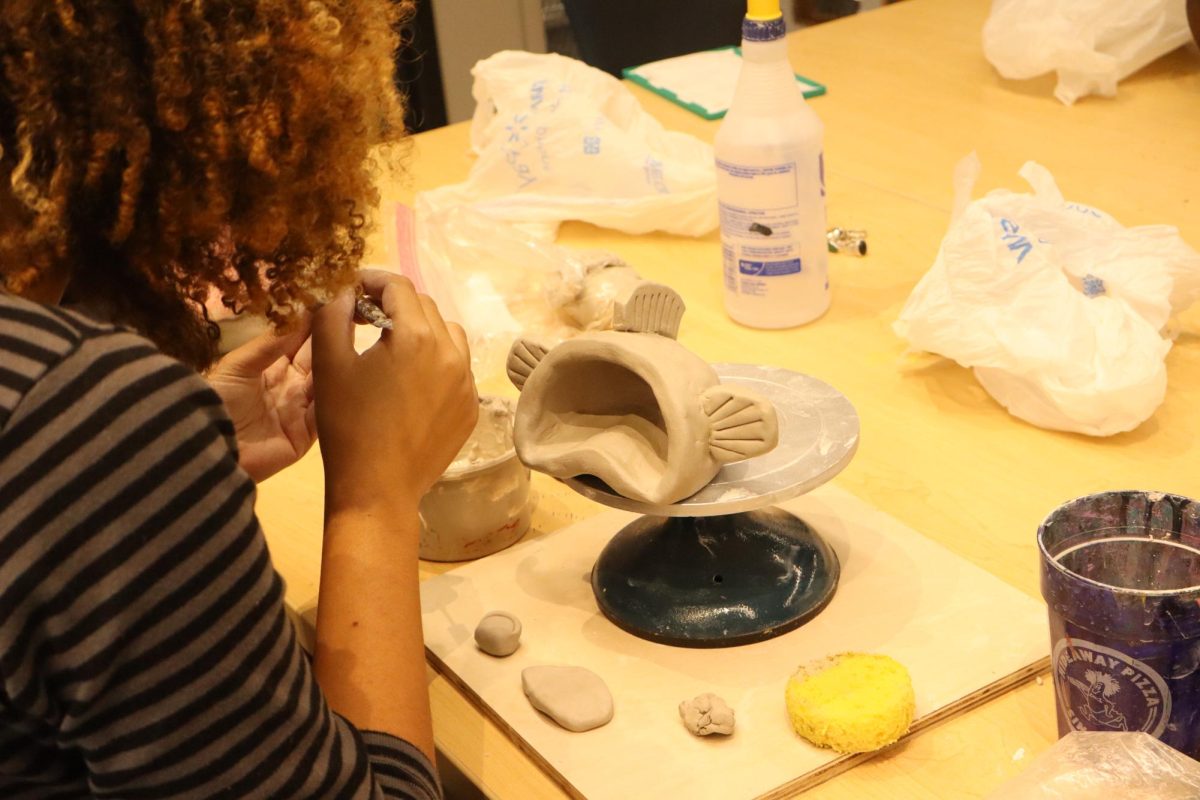
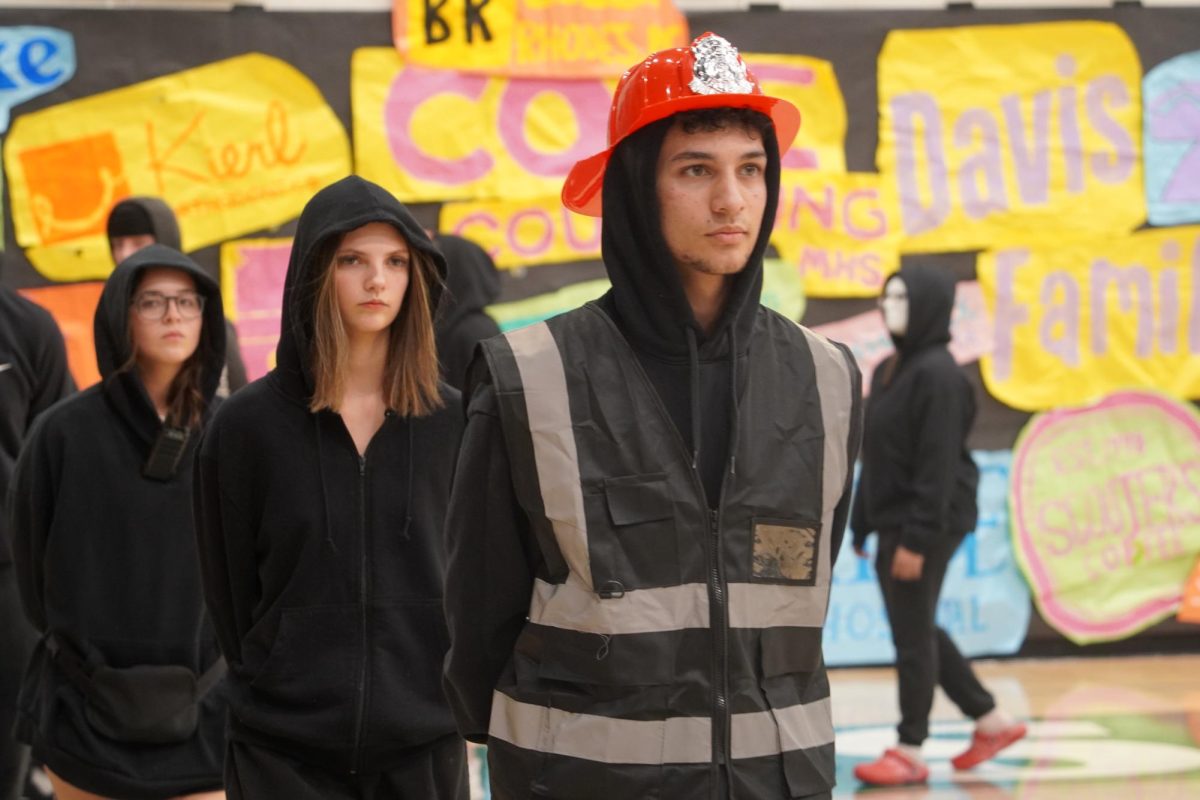






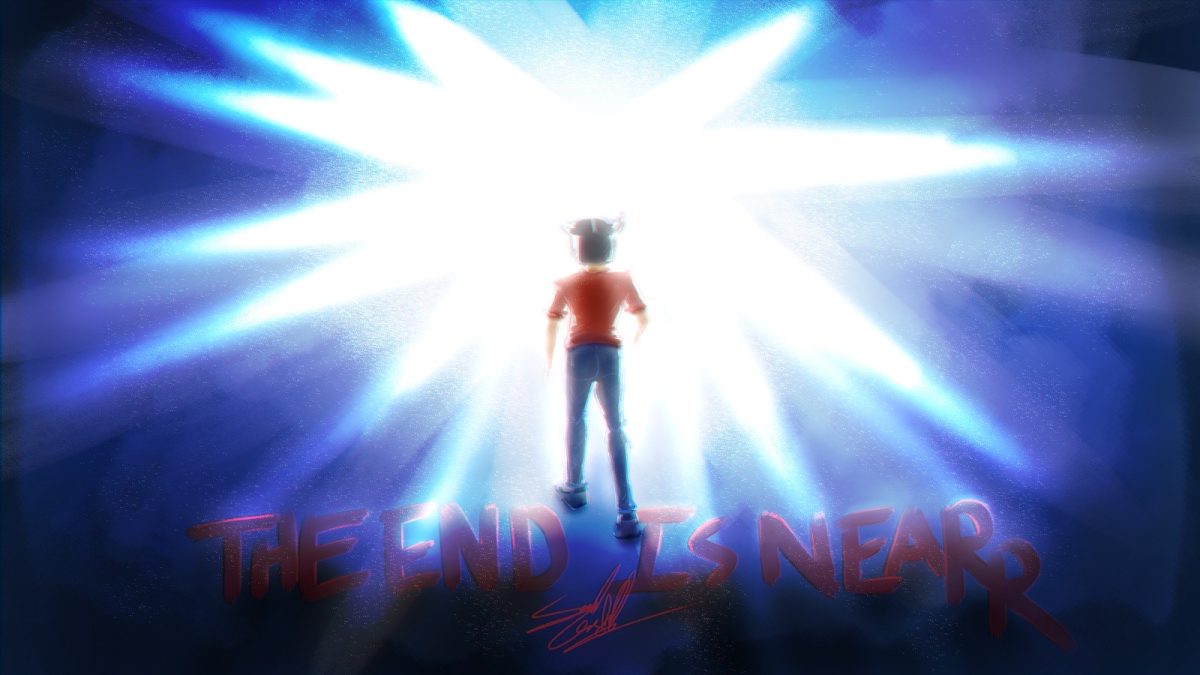

Keisha Cole • Mar 31, 2025 at 7:03 am
Great article that highlights a group of our amazing Wolves!!